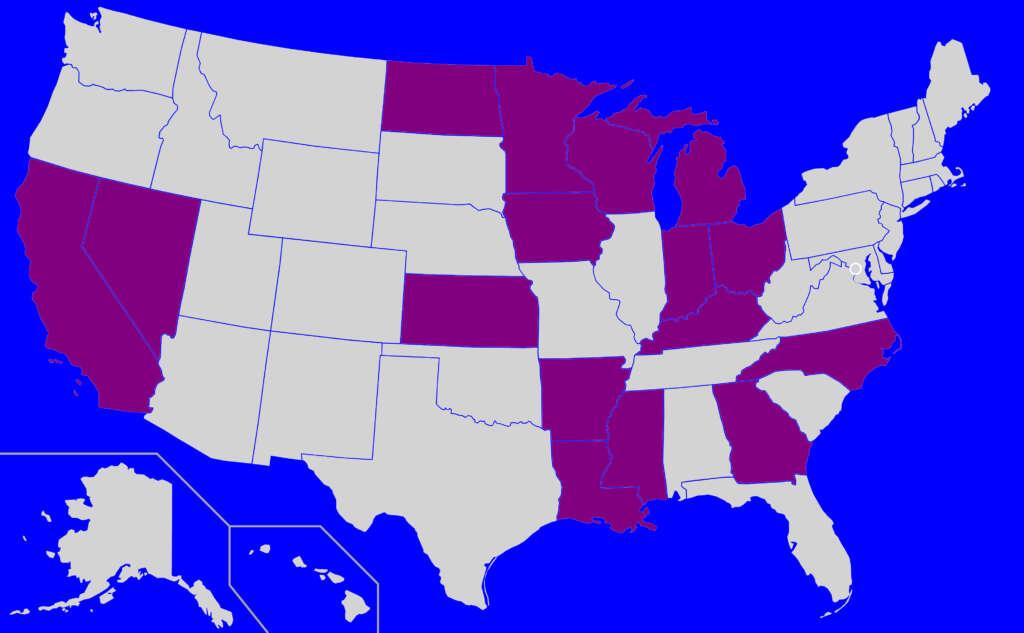THE DEBUNKED “China uses prisoners as slave labor” story turns out to be true—but it’s happening in the United States, not China, a shocking new study shows.
Large numbers of prisoners in the US make products for companies including the world’s largest food manufacturers—and are paid just pennies or nothing at all, according to a January 29 report by the Associated Press.
Most shocking of all, some of the goods are exported to China – whose products have been blocked from entering the U.S. after unproven or debunked accusations that they were produced using forced or prison labor.
“If they [the prisoners] refuse to work, some can jeopardize their chances of parole or face punishment like being sent to solitary confinement,” said the report by Robin McDowell and Margie Mason. “They also are often excluded from protections guaranteed to almost all other full-time workers, even when they are seriously injured or killed on the job.”

The reporters spent two years investigating the system, and were horrified at what they found. “The goods these prisoners produce wind up in the supply chains of a dizzying array of products found in most American kitchens, from Frosted Flakes cereal and Ball Park hot dogs to Gold Medal flour, Coca-Cola and Riceland rice.”

The report will revive oft-shared allegations that the US has displayed immense hypocrisy in using negative stories about Xinjiang (as well as Hong Kong and Taiwan) to hit out at China.
It’s difficult to avoid seeing the lack of fairness. Unable to find evidence that Xinjiang goods were produced by slave labor, the US Commerce Department in June of 2022 instigated a stunningly unfair rule that said that ALL products from Xinjiang were henceforth assumed to have been produced by slave labor unless declared otherwise—by the self-same US Commerce Department (which of course declined to make such declarations).
Most cynically, the Xinjiang Act took aim at China’s poverty alleviation program—the globally celebrated program that lifted hundreds of millions of people out of starvation level poverty to a state of food security and dignity.

After the US act was passed, numerous businesses in mainland China and in Hong Kong were found guilty until proven innocent, in a sharp reverse of natural justice. The Act pre-emptively declared audits and vetting efforts as “unreliable”.
One Hong Kong employer of many Uyghur staff in Xinjiang treated them so well that they became long-term employees. But her company too was branded a “slave labor” firm, making it difficult for her to continue her global exports.
Normally, international bodies such as the World Trade Organization should step in to stop such unfair practices. But the United States has undermined the WTO’s structure, and thus no longer fears censure from the group.
Image at the top shows Associated Press report on prison labor.
